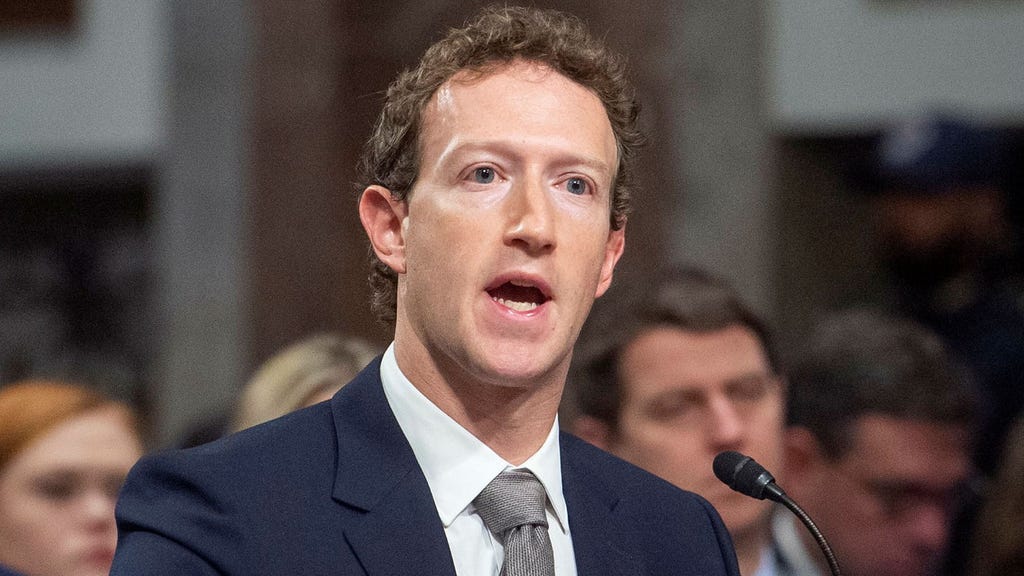Mark Zuckerberg, CEO of Meta, recently engaged in a nearly three-hour conversation with podcast host Joe Rogan, sparking controversy with his comments on masculinity and corporate culture. Zuckerberg expressed his belief that society benefits from embracing ”aggression a little more,” advocating for a resurgence of what he termed ”masculine energy” in the workplace. He argued that while societal masculine energy remains prevalent, corporate culture has actively tried to distance itself from it, a trend he views as detrimental.
Zuckerberg’s statements raise important questions about the evolving definition of masculinity and its place in modern professional settings. His call for more ”masculine energy” seems to advocate for a re-evaluation of traditional gender roles in the workplace, potentially suggesting a return to more assertive and competitive behaviors. This contrasts with recent trends emphasizing collaboration, empathy, and emotional intelligence, qualities often associated with feminine leadership styles. It’s crucial to unpack what Zuckerberg specifically means by ”masculine energy” and whether his vision aligns with a more inclusive and equitable workplace or risks reinforcing outdated stereotypes.
The context of Zuckerberg’s comments adds another layer of complexity. He referenced his upbringing with three sisters and his current role as a father to three daughters, emphasizing his desire to see women succeed in business. He stated his belief in empowering women to lead and build successful companies, leveraging the diverse talents of individuals regardless of background or gender. This apparent contradiction between his call for ”masculine energy” and his stated support for women’s empowerment requires careful consideration. Does he envision a balanced integration of both masculine and feminine energies, or does his perspective inadvertently prioritize one over the other?
Zuckerberg’s past actions, particularly his creation of Facemash, a website that ranked Harvard women based on their appearance, further complicates the interpretation of his recent remarks. This incident, occurring early in his career, reflects a potentially problematic view of women and raises concerns about whether his current advocacy for ”masculine energy” might perpetuate harmful gender dynamics. While he has seemingly evolved since that incident, his past actions provide important context when evaluating his current statements. Understanding the trajectory of his perspective on gender and leadership is crucial to fully grasping the implications of his recent comments.
The broader societal debate surrounding masculinity and its expression adds another dimension to this discussion. Traditional definitions of masculinity often emphasize aggression, competition, and emotional stoicism. However, evolving societal norms are increasingly challenging these traditional constructs, promoting a more nuanced understanding of masculinity that embraces vulnerability, empathy, and collaboration. Zuckerberg’s comments appear to align more closely with traditional notions of masculinity, potentially reinforcing stereotypes that can be harmful to both men and women. It is essential to consider his perspective within the context of this ongoing societal dialogue about redefining masculinity.
Ultimately, Zuckerberg’s remarks highlight a complex and ongoing tension between traditional and evolving notions of leadership and workplace dynamics. His call for more ”masculine energy” in corporate culture, while advocating for women’s empowerment, raises critical questions about what constitutes effective leadership in the 21st century. Interpreting his statements requires careful consideration of his past actions, the evolving definition of masculinity, and the broader societal context surrounding gender roles in the workplace. Further exploration and clarification of his views are necessary to fully understand the implications of his comments and their potential impact on the future of work.














